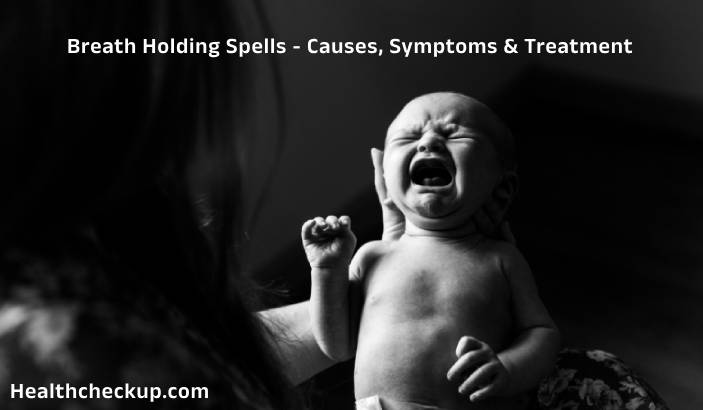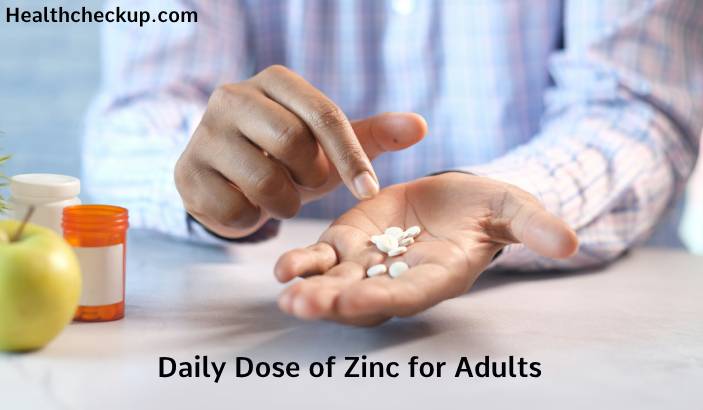It is well known that car accidents inflict severe injuries that affect how your body functions in the long term. On the other hand, many people might oversee the emotional aspect sometimes. However, it plays an essential role in how your life changes.
According to car accident law, you have the right to sue for economic and non-economic damages after a car accident. Pain, suffering, and long-term emotional trauma will substantially impact your life’s quality, changing the way you live indefinitely.
When such a life-changing event happens, you must ensure that you have all the resources to cope with the circumstances. You might require long-term professional help to cope with your emotional distress. Suppose you are suffering from trauma after a car accident. In that case, you can further understand this particular situation by reading more below.
Common Reasons for Car Accidents
Car accidents happen for several reasons, often due to the driver’s negligence or reckless behavior. For example, speeding over the lawful limit increases the chances of colliding with another car. Such a powerful impact can inflict severe injuries, especially if you neglect to put your seatbelt on.
Many drivers let themselves be distracted by electronic devices while driving. Using the phone reduces your concentration and reaction time. If you encounter a road hazard or the car in front of you suddenly hits the brakes, you will not have the necessary time to react. Additionally, drunk driving or consuming illicit substances has become a common reason for car accident occurrences.
Types of Emotional Trauma
According to a study conducted by the Association for the Advancement of Automotive Medicine, results show that 10%-20% of car crash survivors go through long-term psychological health difficulties. Symptoms of emotional distress might appear long after the accident and lead to a permanent change in the survivor’s life. Most common psychological conditions that evolve after a car accident are:
1. Post-Traumatic Stress Disorder (PTSD)
Experiencing a shocking, scary, or hazardous event can trigger a condition known as post-traumatic stress disorder. PTSD can manifest as flashbacks and nightmares related to the accident, avoidant behaviors relating to places or objects that remind you of the crash, and high-stress levels. Although you might not notice symptoms early on, you might see behavioral changes over a certain period.
When it comes to the emotional state, you might have anger outbursts, negative thoughts about yourself, guilt or shame, and the incapacity to fall asleep. Dealing with such distressing emotions over an extended period will interfere with your work life and relationships.
2. Travel and Motor Vehicle Phobias
Being near a motor vehicle might cause severe anxiety. As a result of the trauma you suffered, you might develop an avoidant behavior in relation to motor vehicles. Frequently met symptoms for phobia are fear of driving or an excessive worry that you will experience another accident.
Cars play an important role in everyday life as people need their means of transportation for various reasons. Dealing with high levels of stress and anxiety when a car is involved will have a negative impact on your social life, work life, and school life.
3. General Anxiety
While travel and motor vehicle phobias are unsettling only when near a car, general anxiety affects all areas of your life. General anxiety manifests with restlessness, inability to concentrate, irritability, and difficulties in falling asleep. You must seek medical help as soon as possible if you notice such tendencies in your behavior.
4. Depression
Depression has become a frequent occurrence in many people’s lives. While it is very common, its symptoms can greatly affect how you live. Experiencing emotions such as sadness, anxiety, numbness, and hopelessness over a certain period can lead to dire consequences. Your personality might drastically change after going through severe trauma, including loss of interest in hobbies, decreased energy, and appetite loss alongside weight fluctuations.
Include Non-Economic Damages in Your Claim
It is vital for your mental health to seek further professional help to cope with negative emotions. To treat emotional trauma, you require therapy and counseling to learn how to manage your feelings and thoughts, which can cost you a penny.
It is imperative to include non-economic damages in your compensation claim to recover losses from pain and suffering and emotional distress. It is best practice to hire a personal injury lawyer to help you understand the legal proceedings. Furthermore, a knowledgeable attorney will give you valuable advice to receive full compensation for the distress you are suffering.








